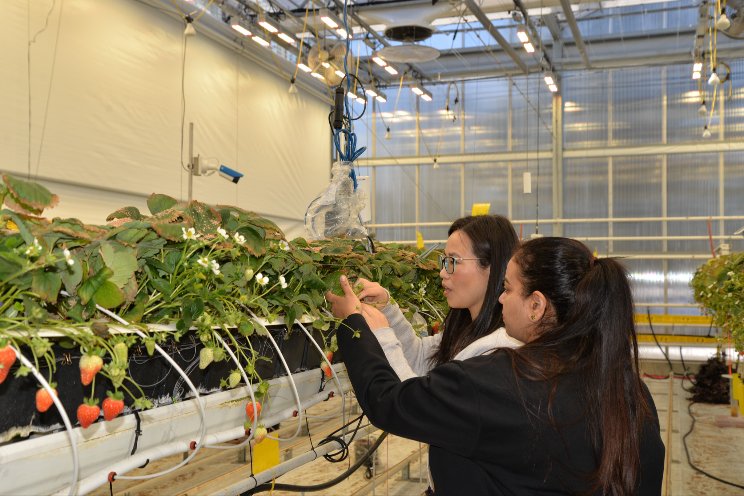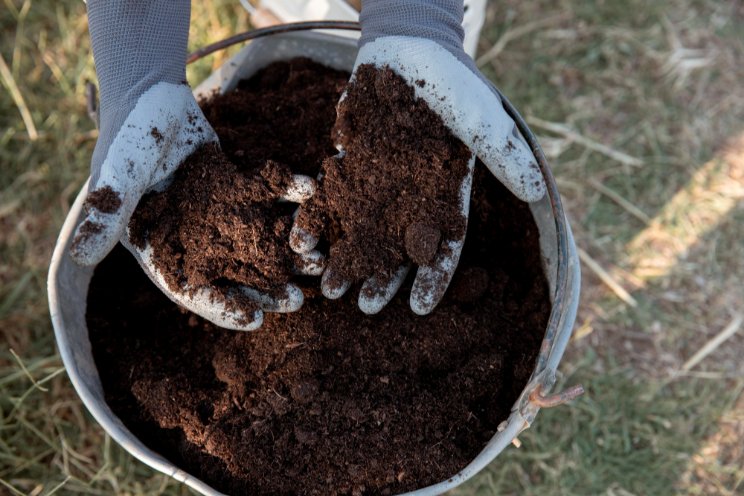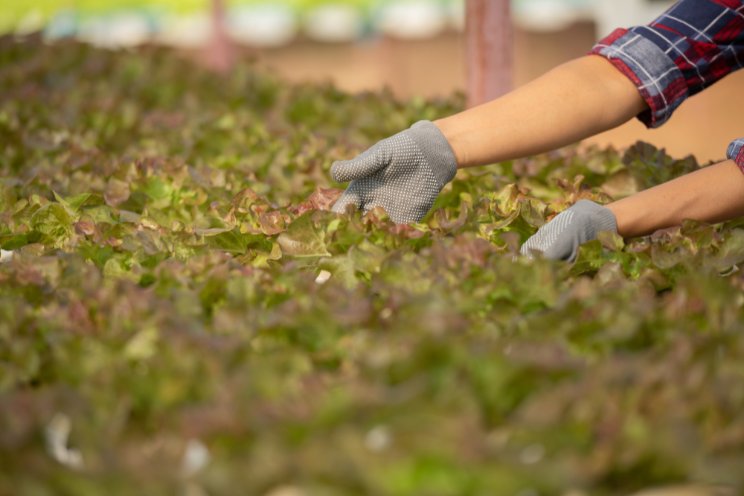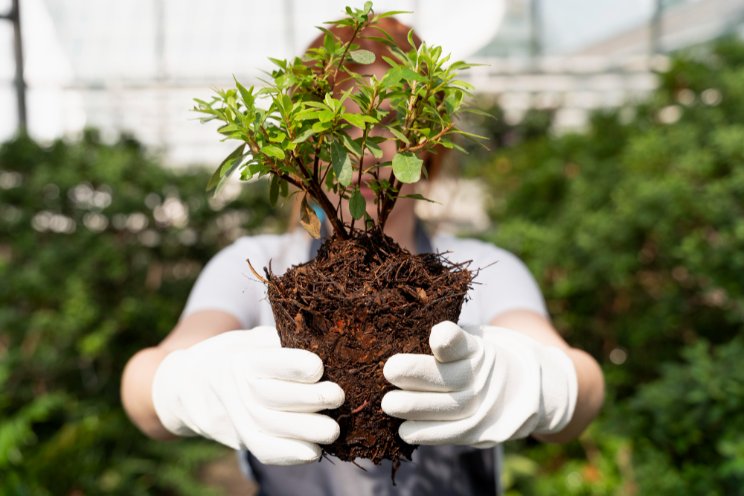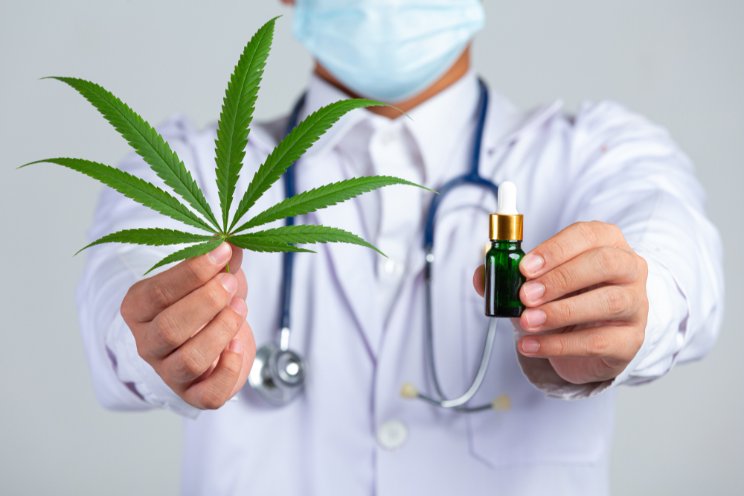Horti in a post-COVID-19 world
Added on 09 June 2020

Consumers Reconnect with Plants
Gardens have never looked so good this year as people found this to be one of the few activities that offered fresh air and a reprieve from indoor isolation. Garden centers allowed to remain open during the crisis reported an increased interest in gardening and steady sales of vegetable seeds and transplants. People have also packed into parks and other natural areas. If COVID-19 has any silver linings, one is hopefully that people have gained a renewed appreciation for plants and gardening.
Direct-to-Consumer Sales Could Increase
More businesses have turned to online solutions or ramped up digital efforts to communicate with their customers, educate consumers, and sell and deliver product during the global pandemic. In the past, online sales have fallen far short of what growers and grower-retailers could normally sell through other avenues. That could begin to change in a post-COVID-19 world where businesses continue to leverage online avenues to deliver needed products direct to the consumer in the absence of physical retail stores. It may also mean that we'll see more specialized online retailers begin to pop up as growers continue to diversify their product portfolios.
Events Delivered to You
California Spring and many other cancelled events were casualties of COVID-19. As a result, businesses are rethinking their event strategies, asking themselves if a live event is still the best option or if a move to an all-virtual event or a hybrid of a live and virtual event makes the best sense moving forward. Going virtual has its advantages, in that it could broaden audiences and open new avenues for revenue. At the same time, it can't make up for the value of in-person connections and communication.
Supply Chains Will Diversify
If it hasn't already, COVID-19 will expose the weak points in supply chains. This will most likely spur a restructuring, as companies move to more localized models and explore ways to branch out when it comes to sourcing, to reduce their dependency on offshore suppliers and mitigate risk.
Lobbying Efforts Will Increase
The swift approval of emergency-relief legislation means grower associations and trade groups often don't get a chance to weigh in on the process before the deal is done. Grower advocacy groups have done a good job of making legislators aware of immediate needs and priorities for relief, but they'll need to continue those efforts in the aftermath of COVID-19 during the recovery efforts as governmental relief funds are divvied up between industries. And they can't do that alone. As we've seen, specialty crop growers in all segments need to be seen as essential businesses to get the federal government's attention. That will take controlled-environment growers and trade associations working together to speak with a strong, unified voice.
Overall, there is one thing I know about how horticulture will look in a post-COVID-19 world. Controlled-environment growers will continue to move forward, exhibiting the resilience and fortitude in times of crisis that have kept our industry on solid footing over the years.
Source: Greenhouse Grower
Photo by John-Mark Smith on Unsplash
Source: Greenhouse Grower
More news

